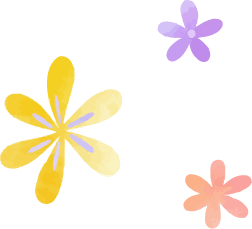
Get Your Child Ready for School
Kindergarten is a significant life change for all kids, and this Big life change is inevitable. This important event is usually related to negative emotions since the detachment of children from their parents implies the restructuring of habits, emotions and feelings of both children and parents, but that doesn't mean this acute episode must necessarily be damaging.
As for any critical event, we must prepare ourselves emotionally and physically and face the event with the necessary tools to cope with the most radical changes. When we face changes and get ready for them, we develop resilience skills.
These practical strategies will help your child feel safe, adjust, prepare, and, most importantly, happy during this vital transition.
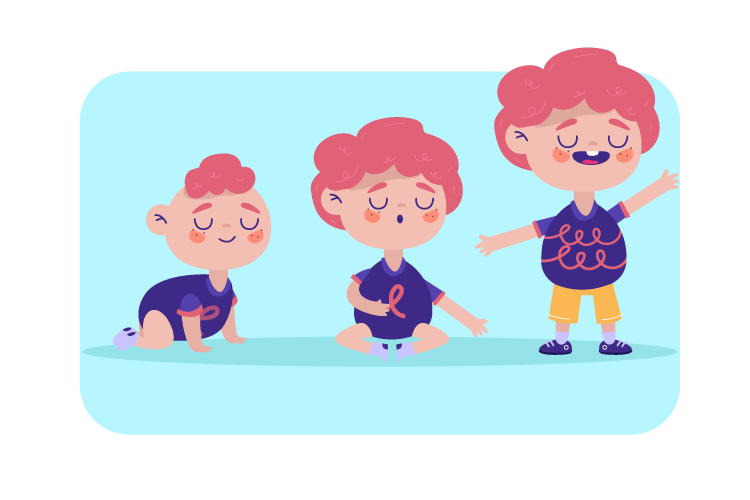
1. The first is the first
An excellent way to start preparing is by talking about the nerves of the first day of school. Although little ones are sometimes excited and can't wait for school to begin to become "big kids," it's essential for the family to talk about this critical transition.
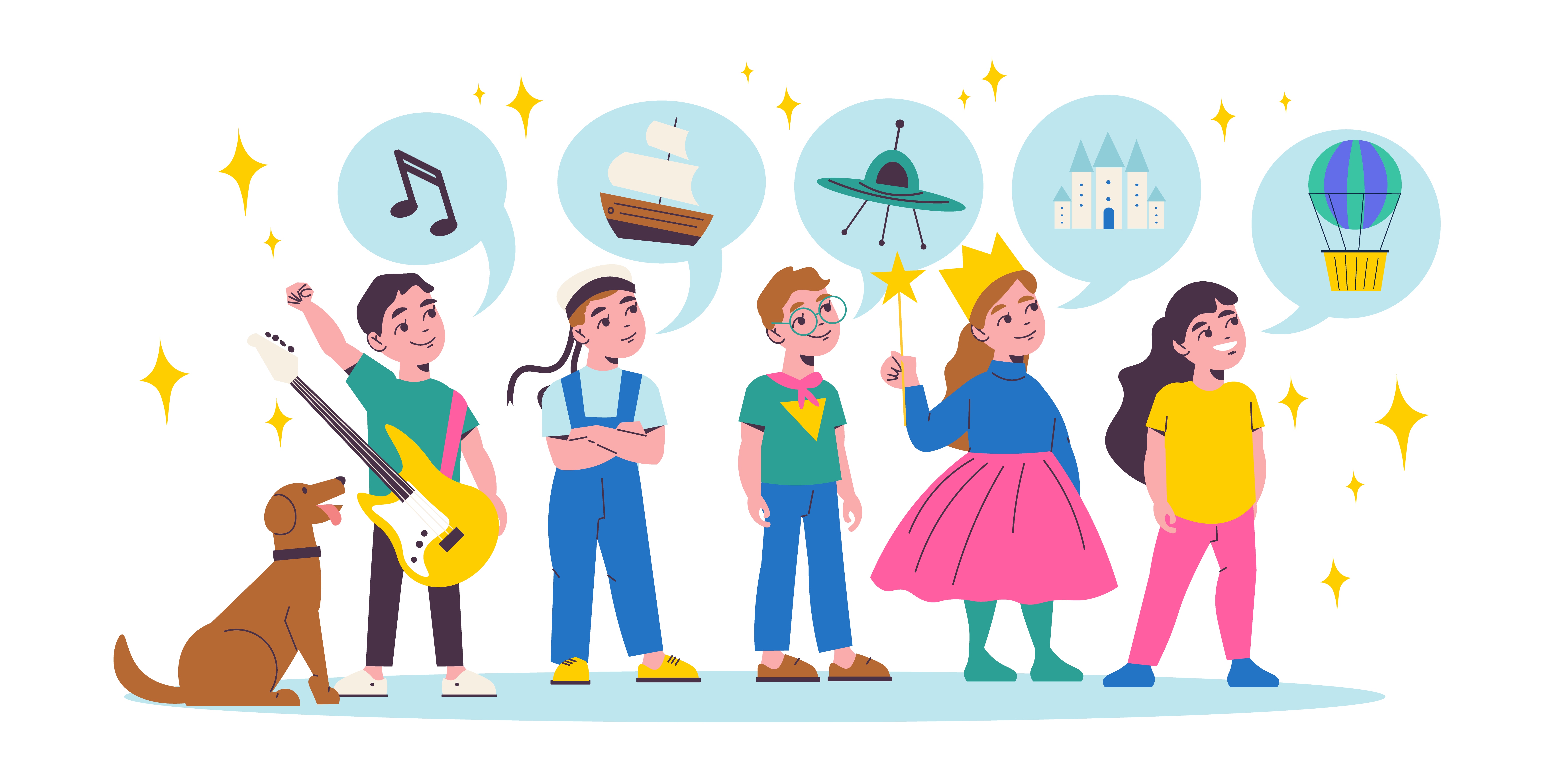
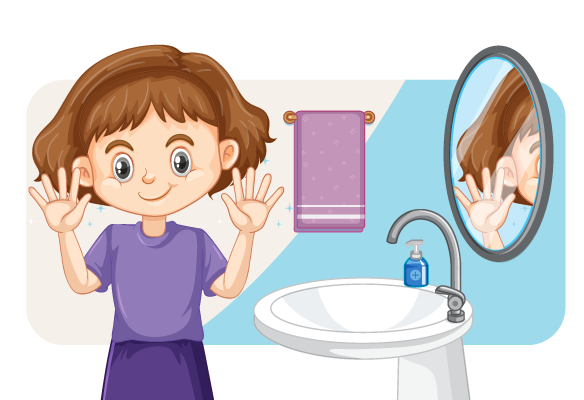
2. Starting toilet training
Toilet training allows your child to develop a tremendous sense of independence as they are in control of going to the toilet themselves and don't require you to change their nappy. If they have an accident when they are learning to go to the bathroom, they can change their clothes. You need to allow them to change themselves and help if required; this will make them feel capable of changing their clothes.
As for any critical event, we must prepare ourselves emotionally and physically and face the event with the necessary tools to cope with the most radical changes. When we face changes and get ready for them, we develop resilience skills.
These practical strategies will help your child feel safe, adjust, prepare, and, most importantly, happy during this vital transition.
3. For each development area
Kindergarten is a fascinating time for both parents and children alike. It represents an important developmental milestone as your child transitions from very young to school-aged. Plus, it's the first big step in their formal education.
Rather than worry about whether your child is ready to or can read and write, think about their skills as a whole.
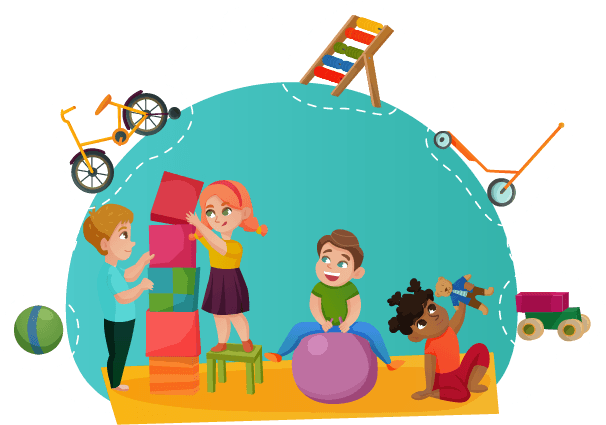
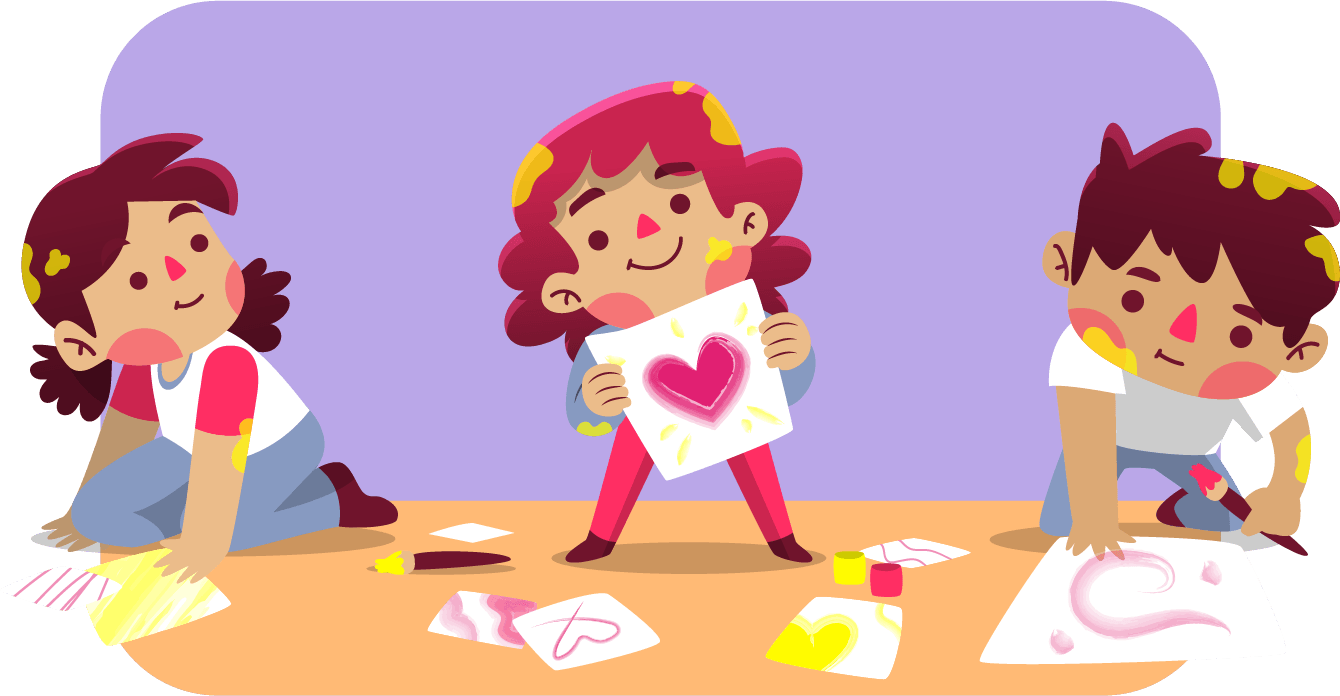
4. Develop fine motor skills
What are fine motor skills?
Fine motor skills involve using small muscles in our hands, wrists, fingers, feet, and toes. Fine motor skills involve the movements of small muscles that require your child's brain to coordinate between the action and what they are seeing. Fine motor skills can impact things like holding a fork to eat or using a pencil to write.
Developing those muscles includes grasping, holding, pressing, or using a pincer grip (having something between the forefinger and thumb).

